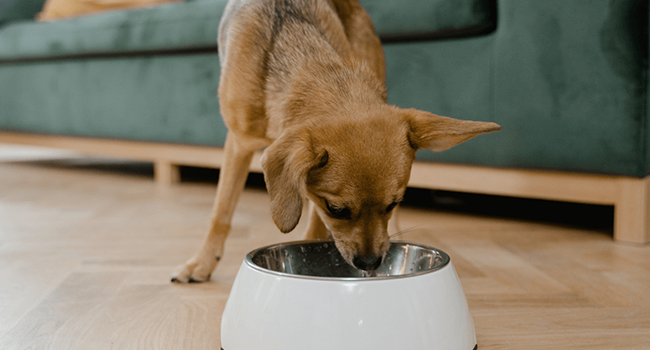

When it comes to caring for our pets, we often focus on their physical health and exercise needs. However, what many pet owners may not realise is that their pet's diet plays a crucial role in their overall well-being, including their mood and behaviour. Just like humans, pets' behaviour can be influenced by the food they consume. In this beginner's guide, we will explore the fascinating relationship between nutrition and pet behaviour, helping you understand how to optimise your pet's diet for a happier and more balanced companion.
Some of the key roles of check-ups in maintaining pet health include:
When we think about pet behaviour, we may not immediately associate it with their diet. However, numerous studies have shown a clear connection between what our pets eat and how they behave. Understanding this link can help us make informed choices when it comes to their nutrition.
A well-balanced diet for pets includes a combination of essential nutrients. These nutrients directly influence their brain function, mood, and behaviour. Let's delve into the key nutrients that contribute to a pet's overall behaviour and well-being.
Protein is a vital component of a pet's diet. It plays a significant role in providing energy and maintaining healthy brain function. Discover how protein affects your pet's behaviour and learn about excellent sources of protein for your furry friend.
Not all fats are bad for pets. In fact, certain fats and fatty acids are essential for their brain health and behaviour. Learn about the importance of incorporating healthy fats into your pet's diet and how they contribute to their overall well-being.
Carbohydrates are a primary source of energy for pets, but their impact on behaviour varies depending on the type and quality of carbohydrates consumed. Discover the ideal balance of carbohydrates in your pet's diet to support their energy levels and behaviour.
Micronutrients, such as vitamins and minerals, are essential for pets' overall health and behaviour. Explore the crucial role these micronutrients play in supporting brain function, reducing stress, and promoting positive behaviour in your furry companion.
Inadequate nutrition can lead to various dietary issues and behaviour problems in pets. Identify common signs of nutritional deficiencies or imbalances and learn how to address them to promote optimal behaviour and well-being in your pet.
Now that we understand the influence of nutrition on pet behaviour, let's put our knowledge into action. Discover practical tips and guidelines to create a behaviour-enhancing diet plan for your pet, ensuring they receive the nutrients they need for a happy and well-balanced life.
By recognizing the crucial role of nutrition in pet behaviour, we can make informed choices when it comes to our furry companions' diet. Providing them with a well-balanced, nutrient-rich diet tailored to their specific needs can have a profound impact on their mood, energy levels, and overall behaviour. By prioritizing their nutrition, we are taking an essential step towards ensuring their happiness and well-being.
Remember, always consult with your veterinarian to determine the best diet plan for your pet's specific needs. With the right nutrition, you can help your pet thrive both physically and behaviourally, strengthening the bond you share with your four-legged friend.